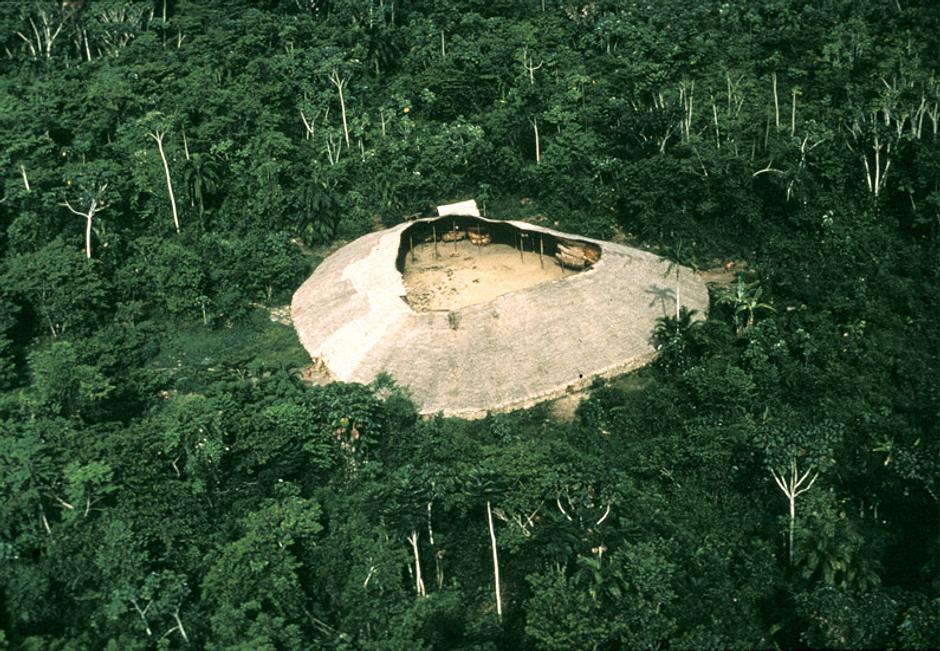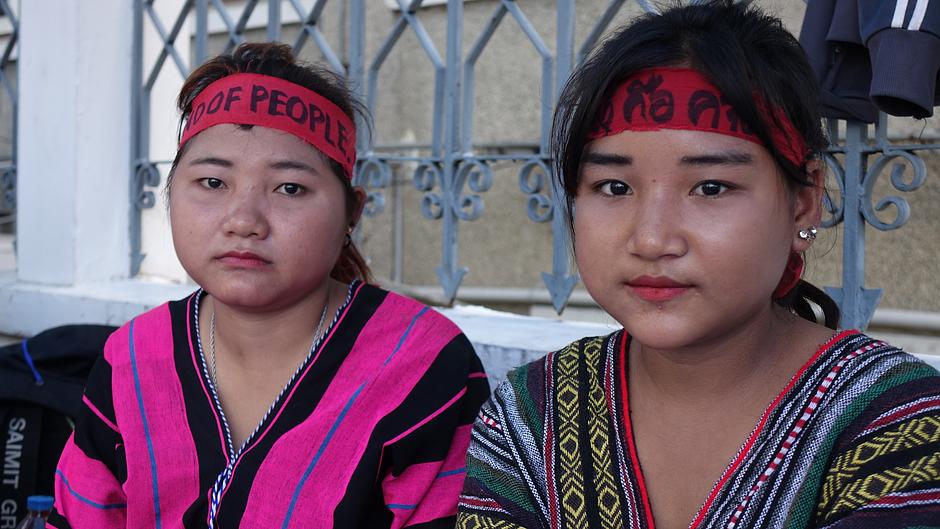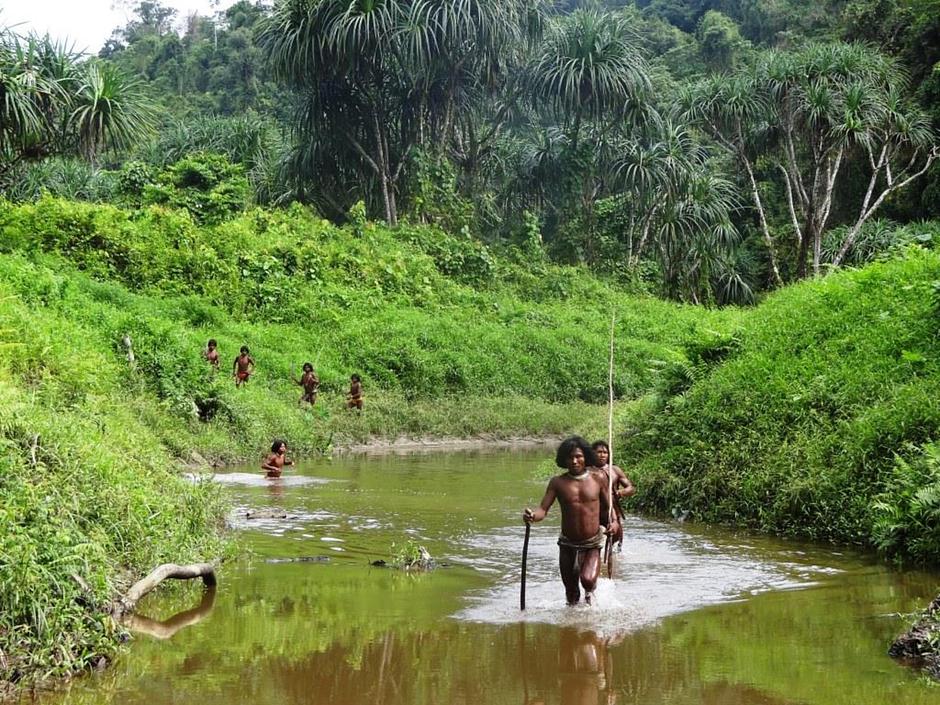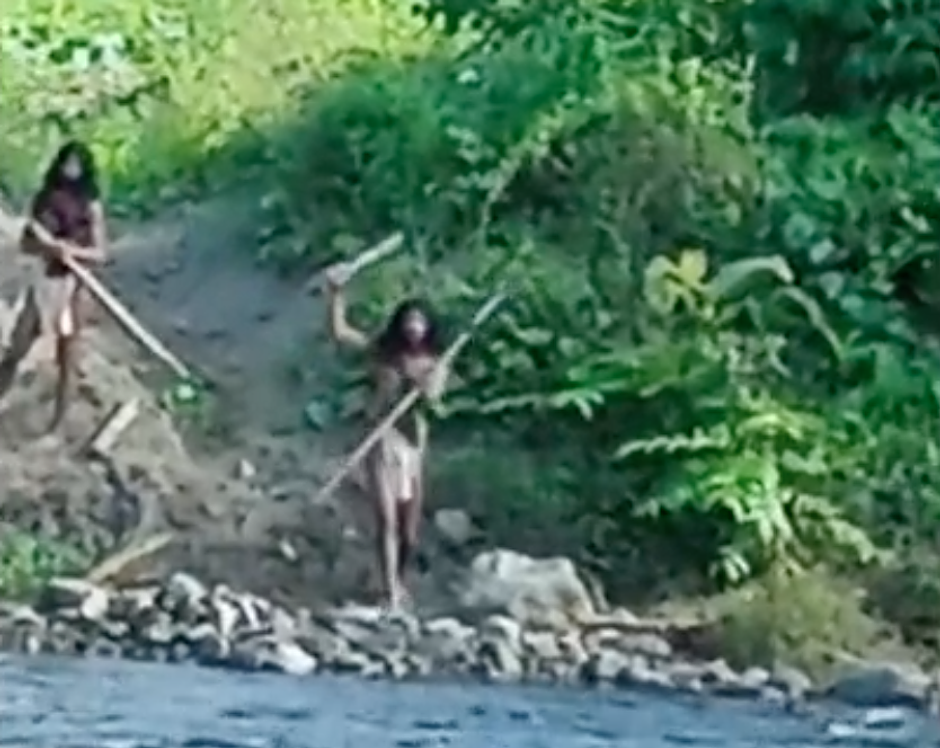The shock African verdict that gets better with age
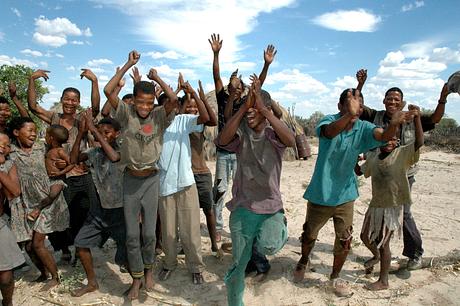
Human rights lawyer Gordon Bennett recalls his role in one of the most important legal victories for tribal peoples.
In 2002 the Government of Botswana evicted 600 Bushmen from their settlements in the Central Kalahari Game Reserve.
It claimed that under the Wildlife Regulations, the Bushmen needed official permits to enter the Game Reserve, and that without them they were criminal trespassers.
With the help of Survival International, the Bushmen took their case to the High Court and won, despite a last minute amendment to the Constitution designed to thwart their claims.
The Bushmen argued that the law should respect their special relationship with the land, and the rights that each clan traditionally enjoyed within its own territory. The Court agreed, ruling that those rights must take precedence over the strict letter of the Regulations. It went on to hold that the Bushmen had been removed from the Reserve unlawfully, and that the denial of hunting licences to them had also been unlawful.
I was asked to represent the Bushmen at the hearing because I had already been involved in tribal claims elsewhere in Africa. This case, however, turned out to be unlike any I had known in the past.
It started with a trip into the Reserve. Three Judges, two teams of Batswana lawyers and one English barrister spent several days in some of the roughest terrain on earth, pursued by a horde of film and television crews. We inspected the traditional territories and talked to some of the Bushmen and women who had refused to be kept from their homes.
In a resettlement village outside the Reserve, a makeshift court was convened amongst the cows, donkeys and goats. There, Bushmen witnesses testified in their ancient click languages, waiting patiently while their answers were translated first into Setswana and then into English.
None of them had been in a court before. Some had never been in a building.
After the longest and most expensive trial in Botswana’s history, judgment was delivered live on national television – another “first”. Special tents were drafted in to accommodate the many people that had arrived from all over Africa and other parts of the world.
The trial had caught the public imagination because it had pitted an illiterate and poor community, and its apparently hopeless attempt to protect a way of life, against an all-powerful State with apparently unlimited resources at its disposal.
If the verdict came as a surprise to the press corps, it was a shock to the Bushmen. They had believed fervently in their cause, but in a twenty-year struggle to stop the relocation of their people had become only too familiar with the taste of defeat.
At last, someone in authority had understood that the Bushman’s relationship with their lands dictates everything: who they are, what they do and how they think.
Finally, it had been recognised that without their land, the Bushmen will not survive.
When we returned to the Kalahari to tell everyone about the judgment, we were carried shoulder high around the settlements. The idea that the Bushmen could lose their lands had made them utterly bereft. When news arrived that they had recovered their land, people were ecstatic.
But, exactly five years on from the judgement, the Bushmen cannot rest. The Government allowed the development of a tourist lodge inside the Reserve in 2010, and work on a $3 billion diamond mine is well underway. Despite the judgement, it has yet to discuss these concessions with the Bushmen or any other proposals it may have for the Reserve.
There has been good news too. In September this year, the Reserve’s largest well was un-capped for the first time in nearly a decade. The breakthrough followed years of yet more litigation, but the perseverance of the Bushmen triumphed. Since then, they have started to return, and bathe in the water they were denied for so many years.
The Bushmen do not ask for Government handouts, or roads, or hospitals. They do, however, want to be consulted about plans to develop the Reserve, whether these come from the public or the private sector. This does not seem unreasonable. On the contrary, international law now expects governments and companies alike to seek the “free, prior and informed consent” of Indigenous peoples before they embark on any project on their lands.
It remains to be seen whether the Government will seek this consent. Lawyers can negotiate agreements to limit a project’s impact and to ensure that the Bushmen derive some benefit from it, but they cannot negotiate with themselves. If the politicians and businessmen continue to ignore the communities inside the Reserve, further trips to court will become inevitable.
Reflecting on the long and at times seemingly unwinnable battle the Bushmen faced, it’s evident how significant such cases are, not only individually, but also in setting a precedent for tribal land rights worldwide.
Is it too much to hope that common sense – and common decency – might still win the day, and that the Bushmen will at last be allowed a say in what is to happen in their own lands? We will all be the losers if not.


